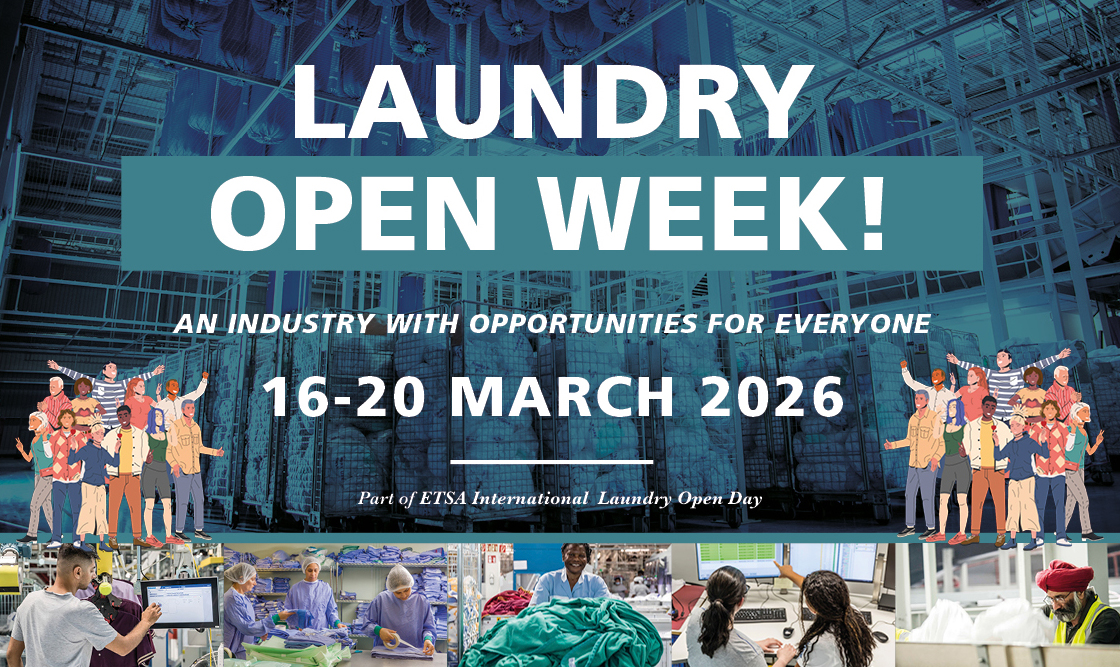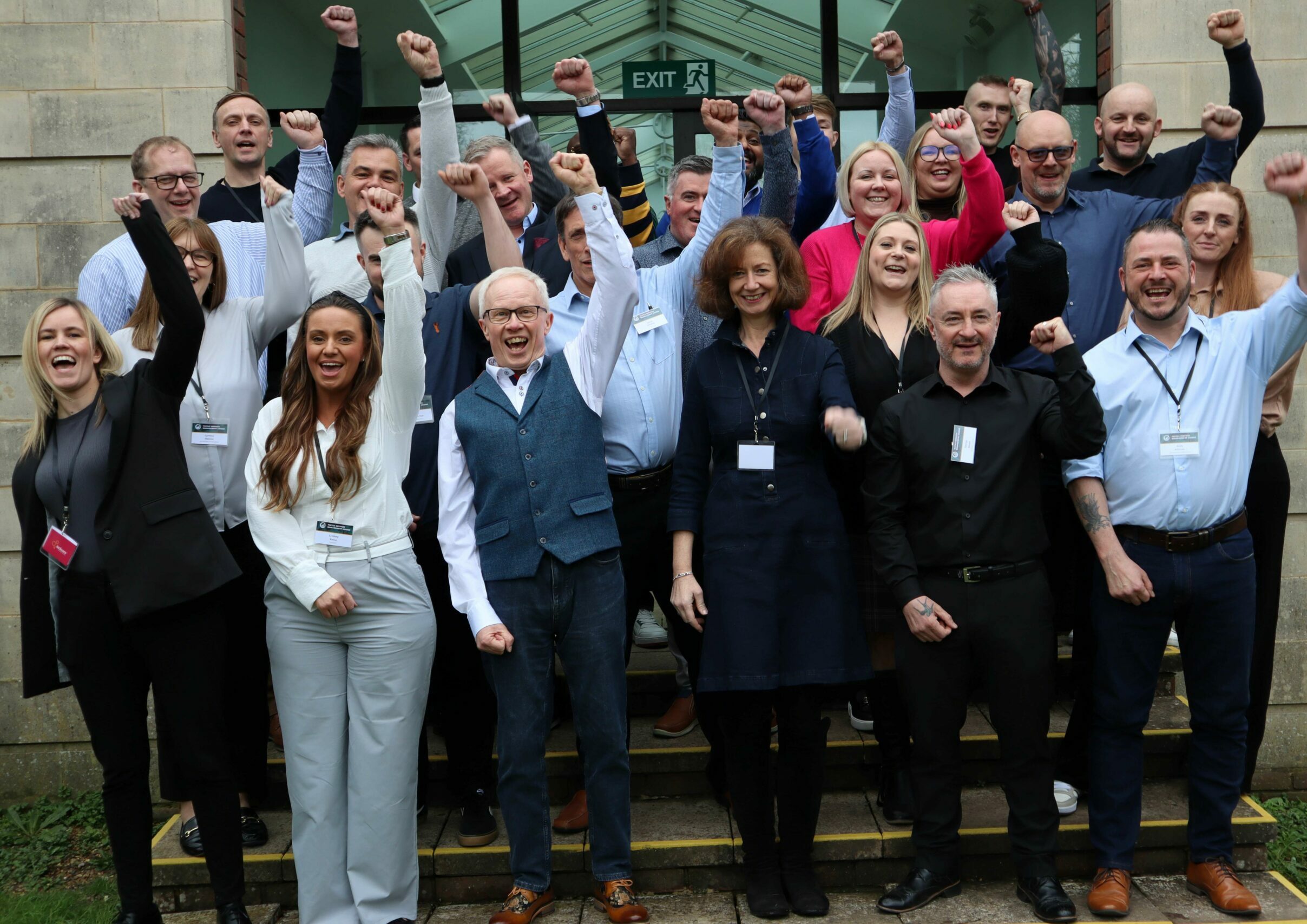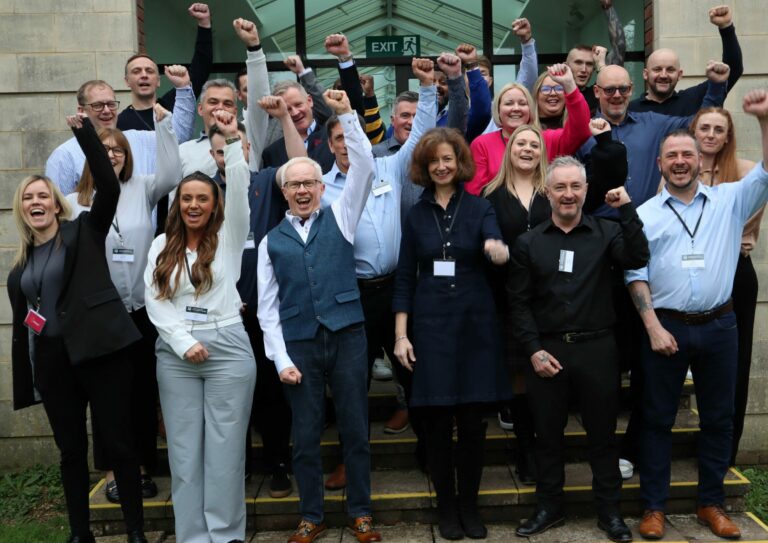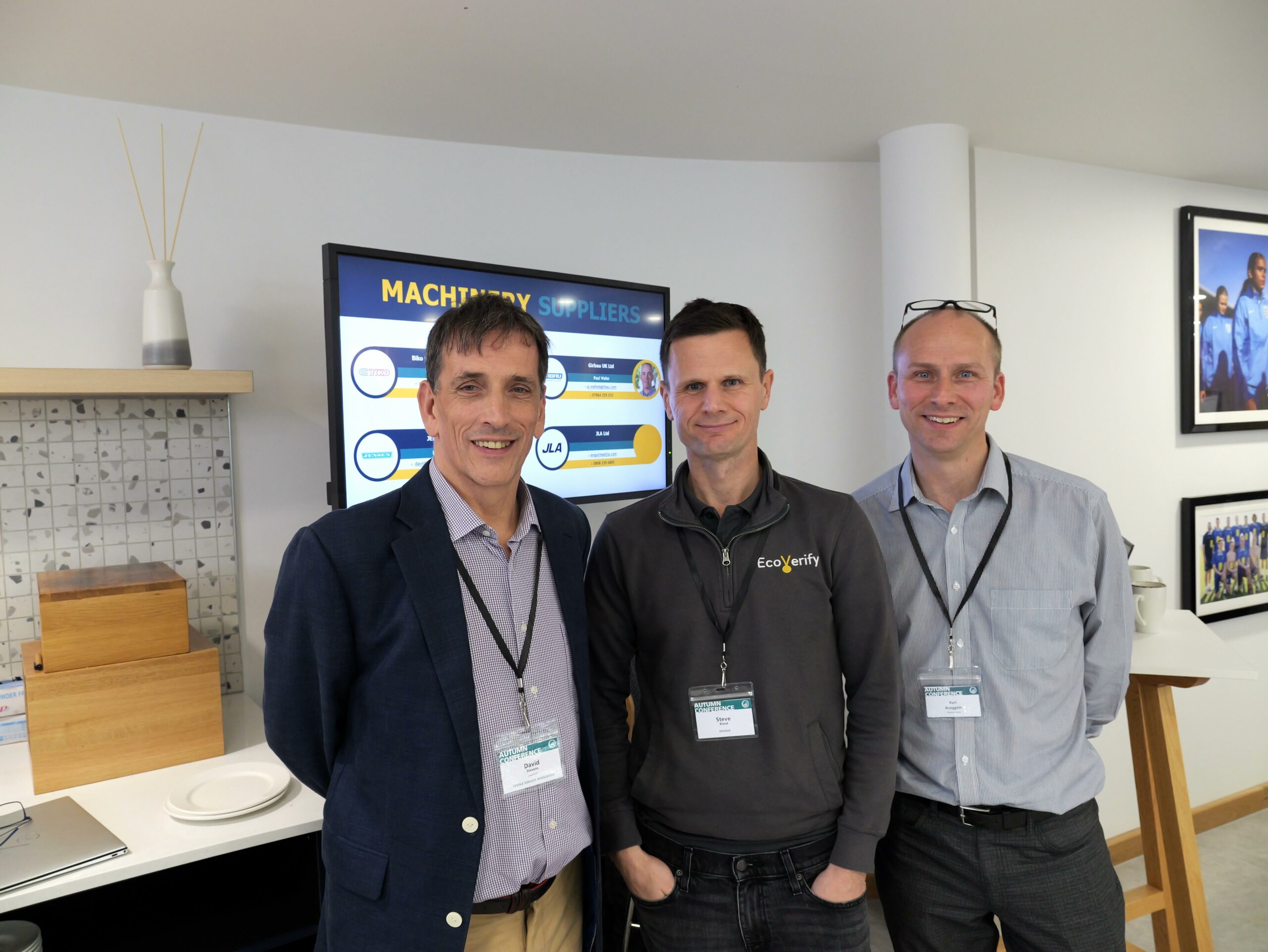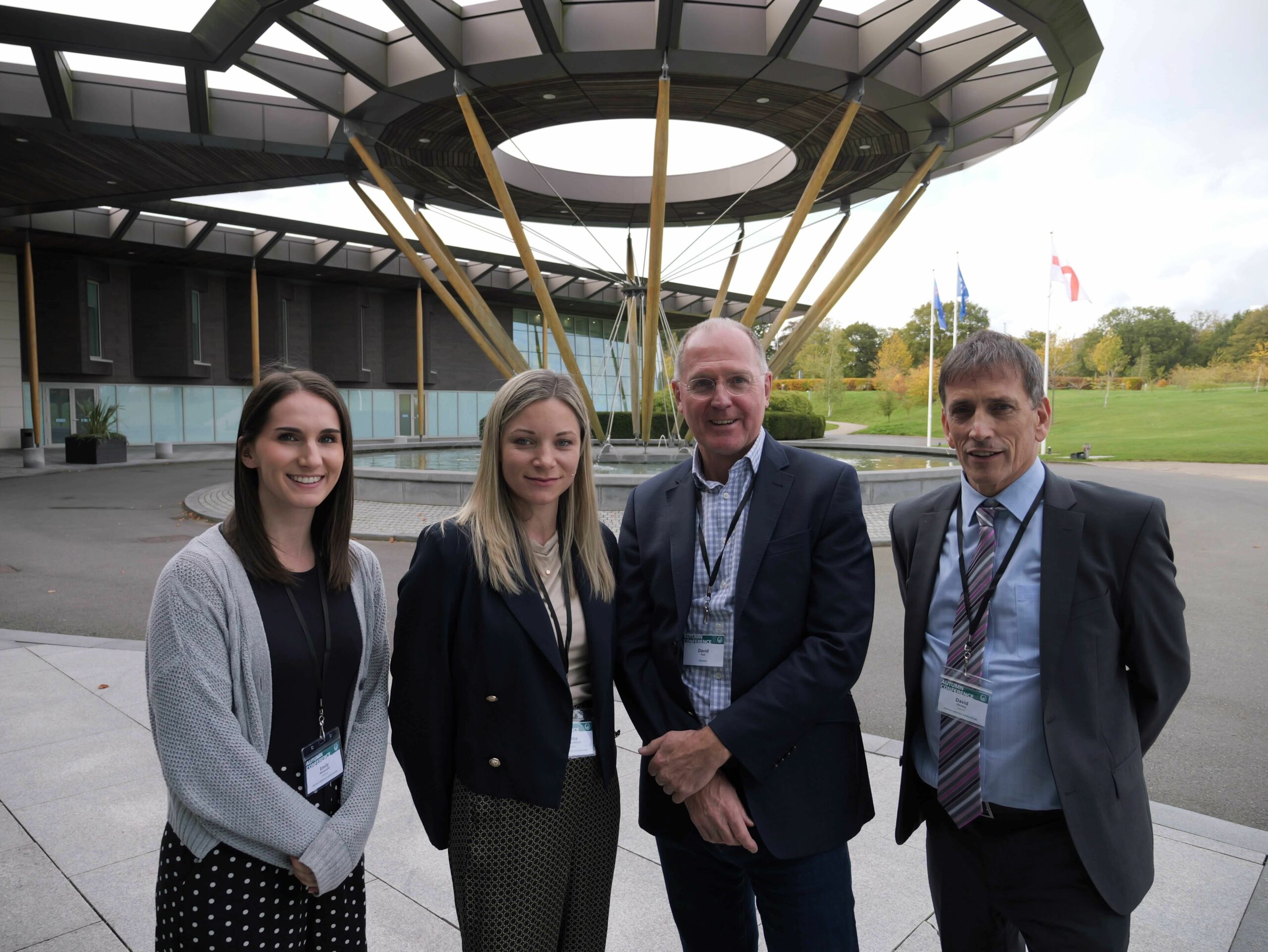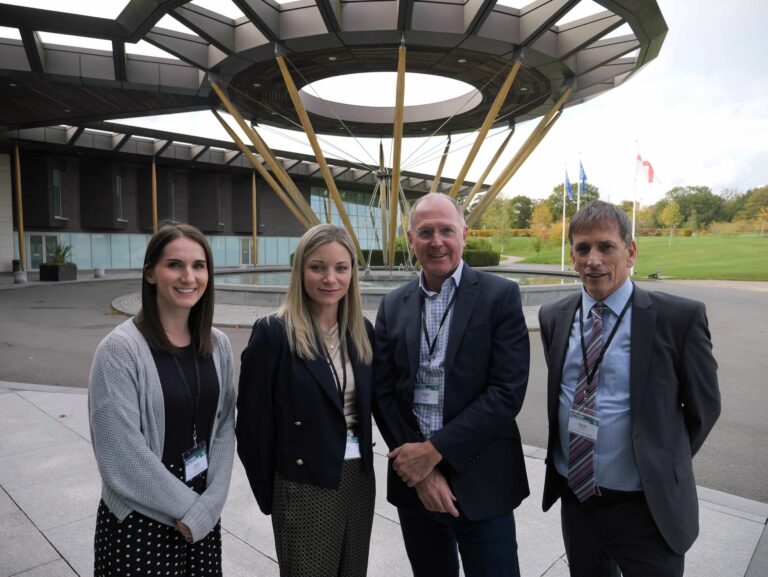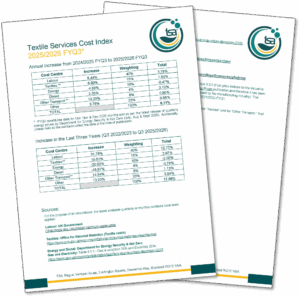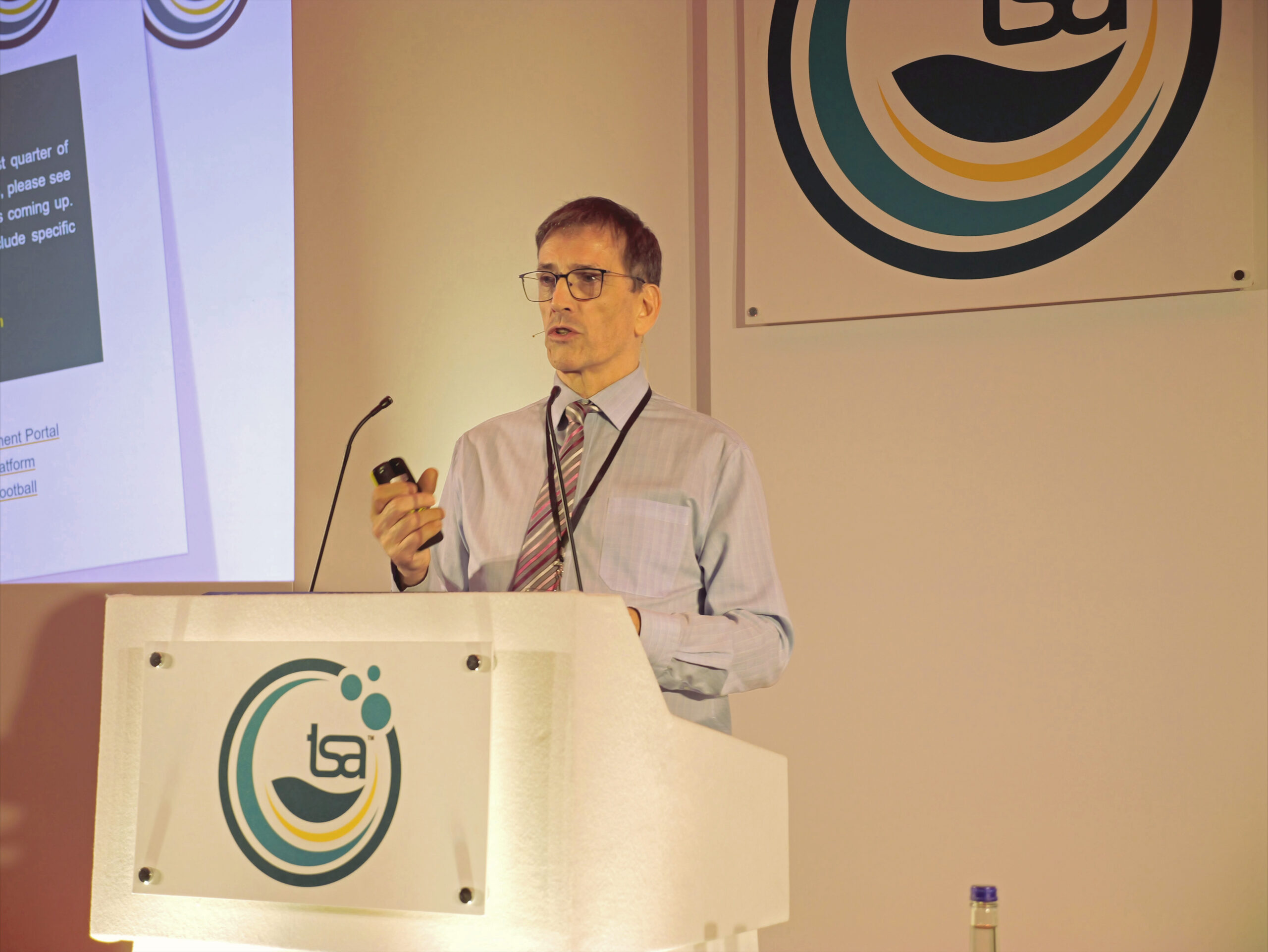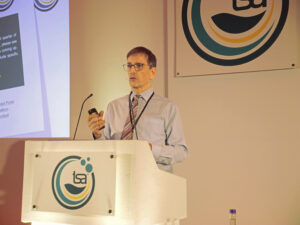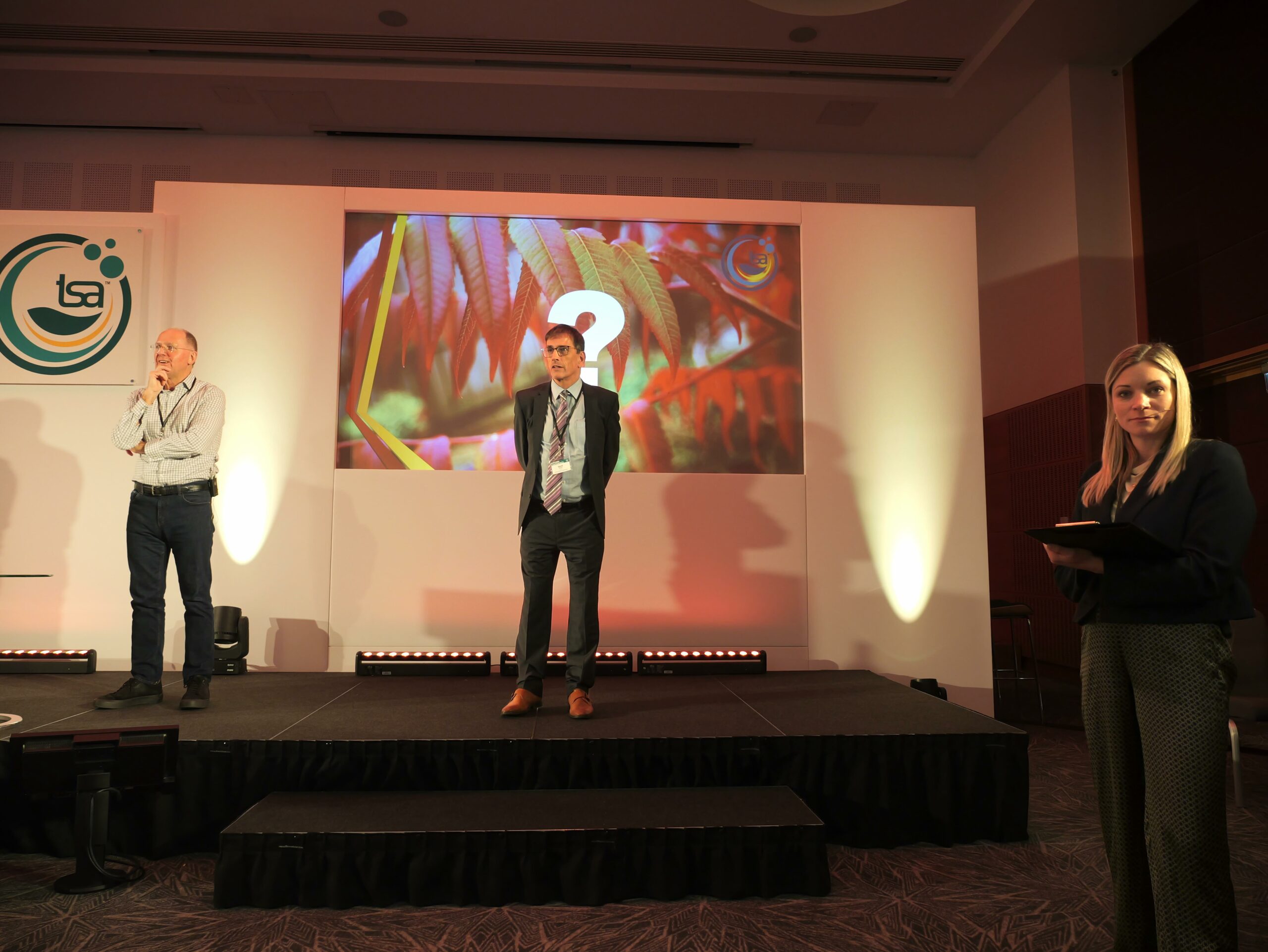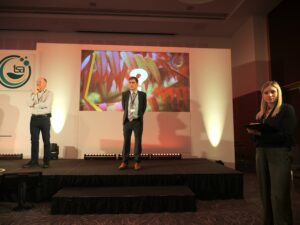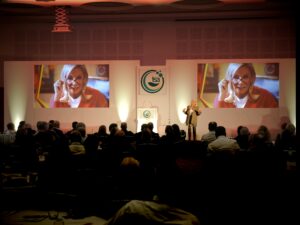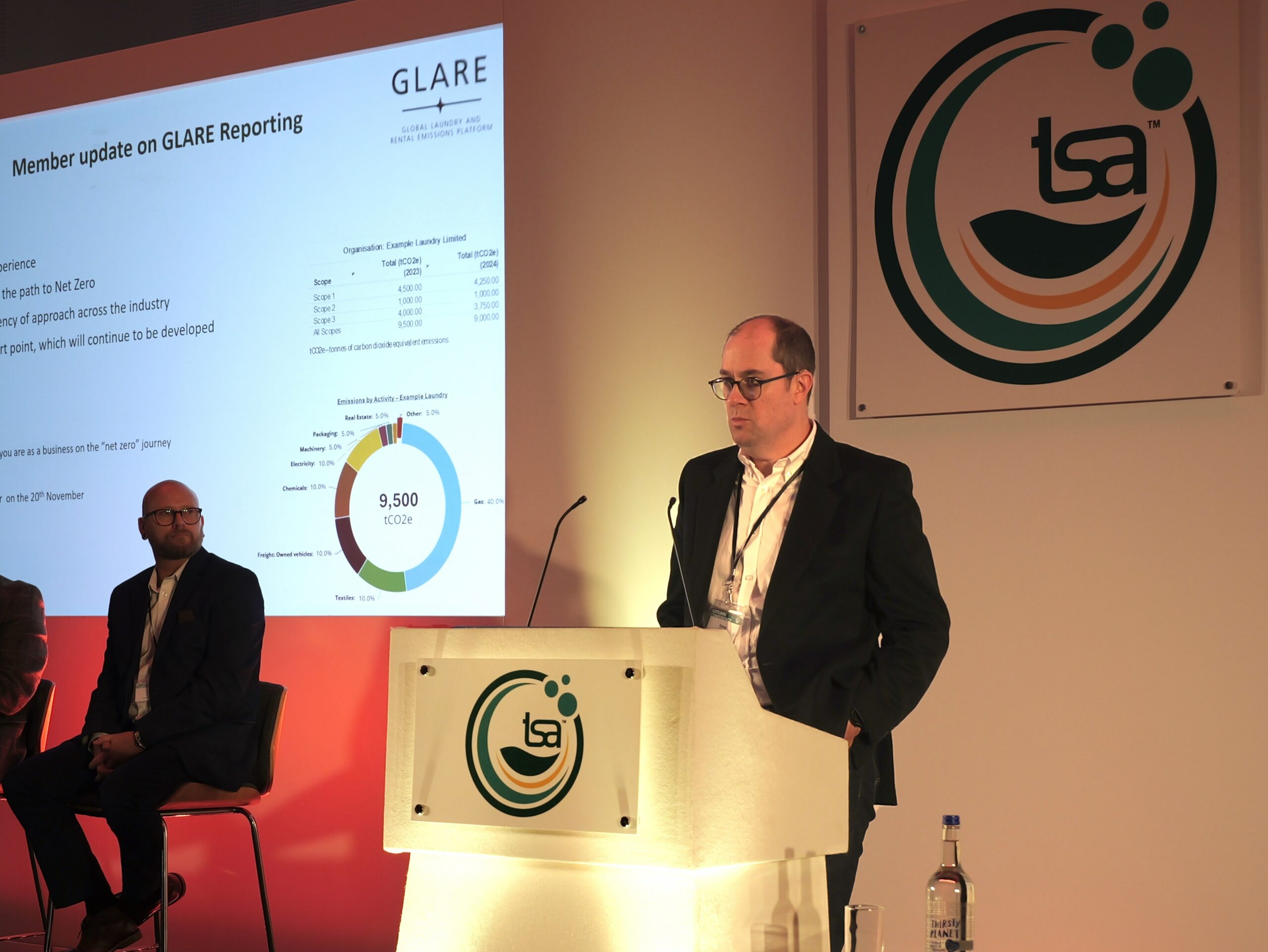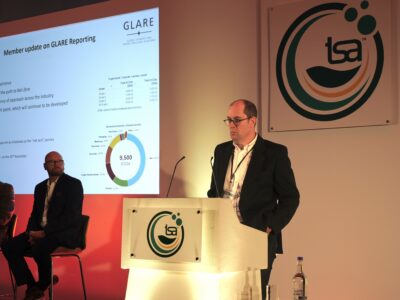Show your community the great career opportunities the laundry industry offers
The Textiles Services Association is preparing for this year’s Laundry Open Week and is urging members to participate to showcase to the next generation of employees the great career opportunities the industry offers.
Laundry Open Week is an initiative launched by the TSA and its sibling organisations throughout Europe. It aims to encourage recruitment into the industry by giving potential employees an overview of commercial laundries, showcase the work they do and highlight the variety of opportunities available. 59 companies from six countries took part in 2025, with 640 potential employees visiting 113 sites. Here in the UK four companies hosted open days at ten sites, with over 100 visitors learning more about the career opportunities the sector offers.
The feedback was overwhelmingly positive, and even better, companies confirmed that the initiative directly led to new recruits joining their teams.
2026’s events will take place on the week of 16th – 20th March, with five companies already committed to welcoming guests to sixteen sites. These companies are Aberdeen Laundry Services, CLEAN, County Textile Services, Fishers, and Micronclean.
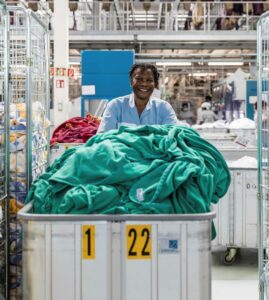
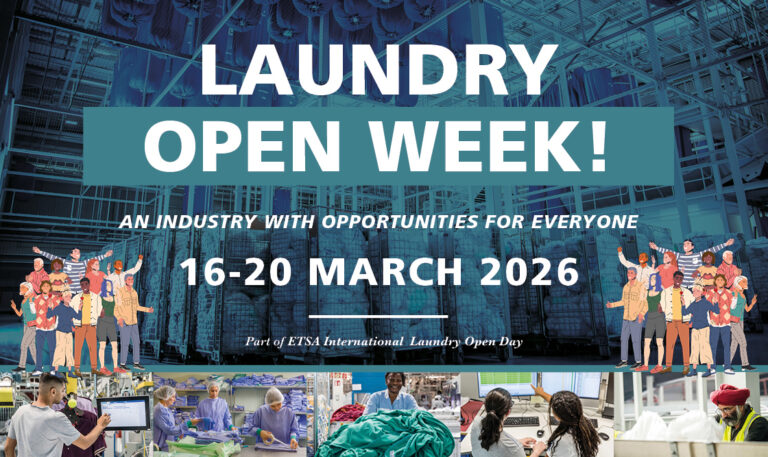
Peter Semple, business director for Fishers Laundry Services is clear about the benefits of taking part. “Fishers and Shortridge sites participated in the Open Week for the first time in 2025,” he says. “With an average of 15 visitors per site it proved to be a valuable recruitment tool, and we are definitely taking part in 2026.”
Participating in the open week is straightforward. Simply choose a day or days in the week starting 16th March, and share the information with your local community. This can include schools, job centres, career services, local press and of course on social media. Laundries participating and letting the TSA know will help the association to promote and measure the reach of the week.
The TSA has prepared a media pack featuring useful resources such as an invitation letter, templates for press releases, posters and graphics suitable for email and social media.
“Laundry Open Week is a brilliant way to show your community that the laundry industry is full of great opportunities,” says Emma Kiviniemi Wilson, Managing Director of TSA. “The response from 2025 was amazing and we’re looking forward to an even better 2026.”
For more information about how to take part and to access the media pack visit tsa-uk.org/laundry-open-week-2026
If you have any queries, please do not hesitate to get in touch with us either via email or phone:
T +44 (0) 20 3151 5600
